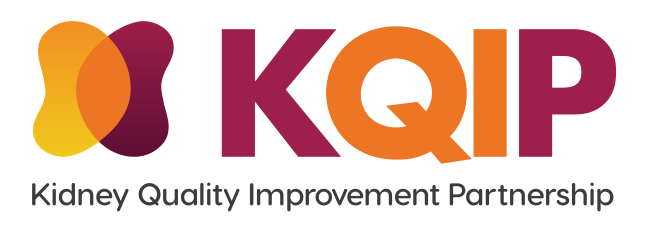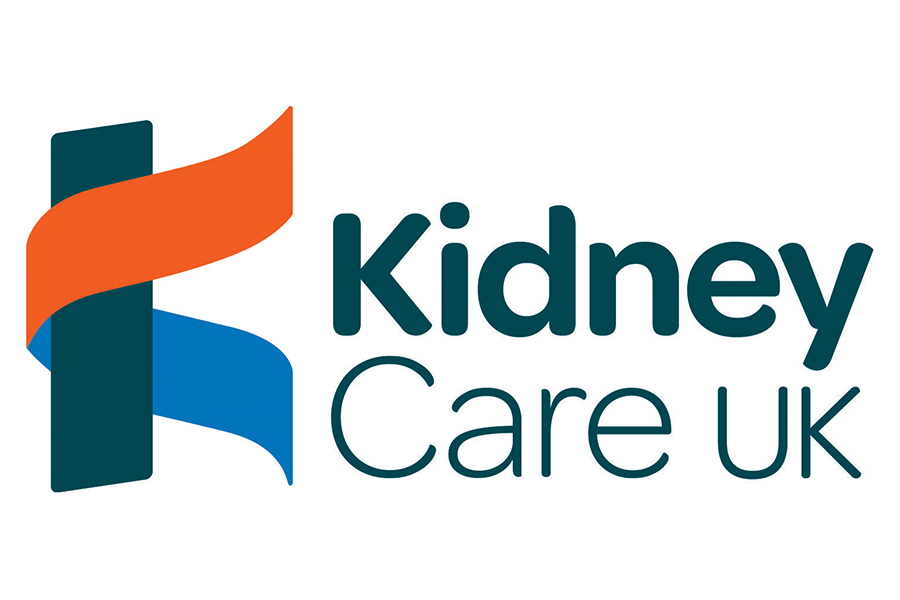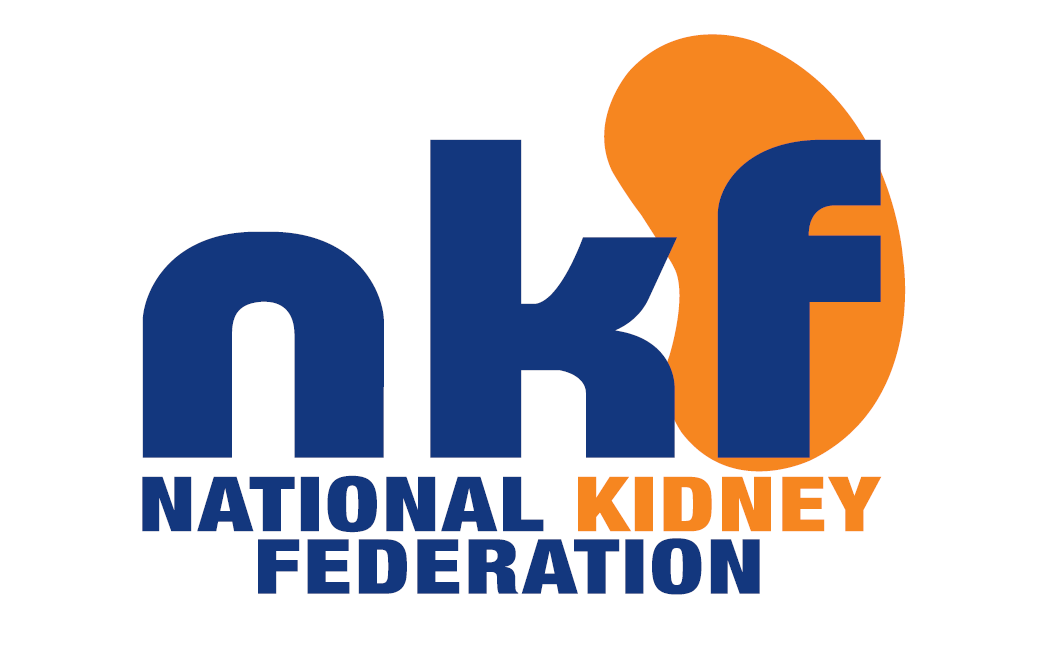Improving Kidney Transplant rates in the South West through Kidney Quality Improvement Partnership
The South West KQuIP Transplant First project
In 2018 a new renal transplant network was developed in the South West (SW). Over the next 2 years the national KQuIP initiative stimulated and supported six SW renal units to create the SW Team Transplant (SWTT). The focus on improving transplantation was agreed at an inaugural meeting in October 2018 with clinicians and patients present in response to data showing variation across the region. The ongoing project was successful, as measured by enthusiastic representation from all units, data collection, tangible improvements in patient care, and the use of formal quality improvement (QI) techniques.
There had been no regional clinical policy meeting in the region for a number of years; factors hindering regional collaboration included the large geographical area, and no available funding for health professionals to attend meetings or take on additional work.
Why was SWTT successful?
At the inaugural meeting a shared decision to pursue improvements to transplant care was made across the 80 attendees, and a regional lead nominated. Using the KQuIP framework each unit committed two multi-professional team members to attend quarterly meetings and lead on QI projects locally. Subsequent meetings were chaired by the regional lead and supported by the KQuIP programme manager who provided ongoing QI and leadership support through unit visits. In addition, KQuIP supported a two day residential leadership course that emphasised leadership skills, and fostered a strong team ethic amongst leads. A flat structure was adopted at meetings, with the regional clinical lead summarising NHSBT data and team members presenting their unit’s data (activity, innovation, challenges), enabling healthy and honest discussion, and sharing of learning. Patients and relatives also attend with a rolling agenda item led by them. National leaders from the UK Renal Registry, The Renal Association, Northern Ireland and Transplant First also attended meetings, presenting key concepts, sharing experiences and motivational themes.
What was achieved?
SWTT met on six occasions. SMART objectives were discussed and agreed, to ensure legitimacy of the project. A common purpose was agreed, and a driver diagram developed using the LIFEQI platform. This served as a project plan and focus for the team and was added to and amended with debate and agreement at subsequent meetings. Change ideas included e-referral, one stop clinics, patient experience measures, and an 18-week pathway. QI tools such as process mapping and PDSA cycles were employed. The Transplant First dashboard was a valuable resource to allow activity and performance to be compared between units. Units also collected data on local QI transplant projects, such as tracking patients along the newly introduced pathway. A WhatsApp group encouraged the exchange of ideas between meetings.
The team produced a poster for UK Kidney Week - you can view the poster below:



